Every theory which attempts to explain relations between people and institutions in contemporary society rests on a notion of power. But power is a much misunderstood concept, variously invoked as constructive, liberating, coercive and conspiratorial. It is used to represent everything from economics and the law to the influence of cultural norms and language – so how can we best understand it?
This course draws on a wide range of interdisciplinary sources, from the theories of Marx and Weber to Foucault and contemporary scholars tackling the dominant issues of the early twenty-first century. It incorporates the major political and economic models of power, as well as recent theories explaining sociological trends such as the rise of individualism, risk culture, hypermediation, the therapeutic state and the possibilities and implications of new technologies. The course seeks to connect theoretical analysis to the full range of issues arising in today’s political, cultural and media contexts, and students are encouraged to examine critically examples from literary, political and popular culture.

